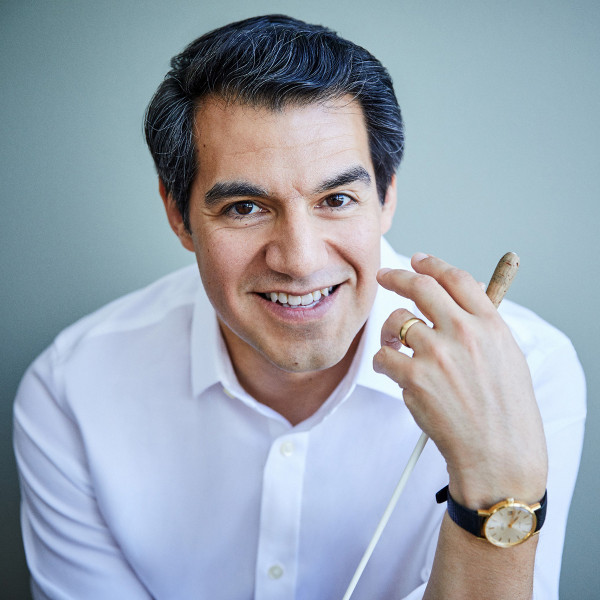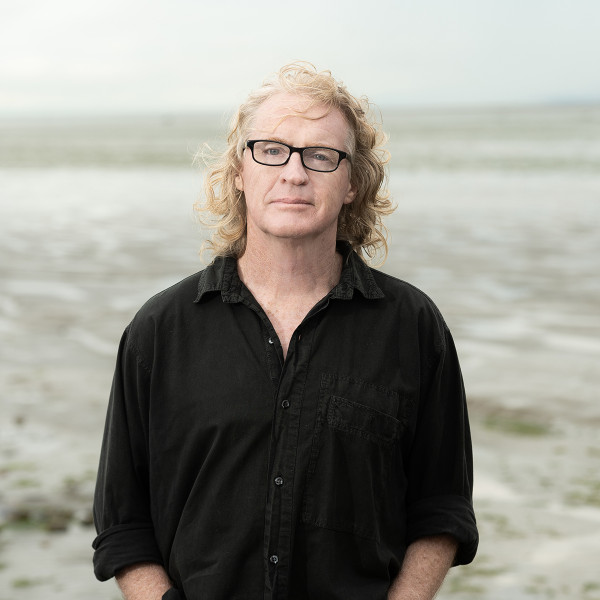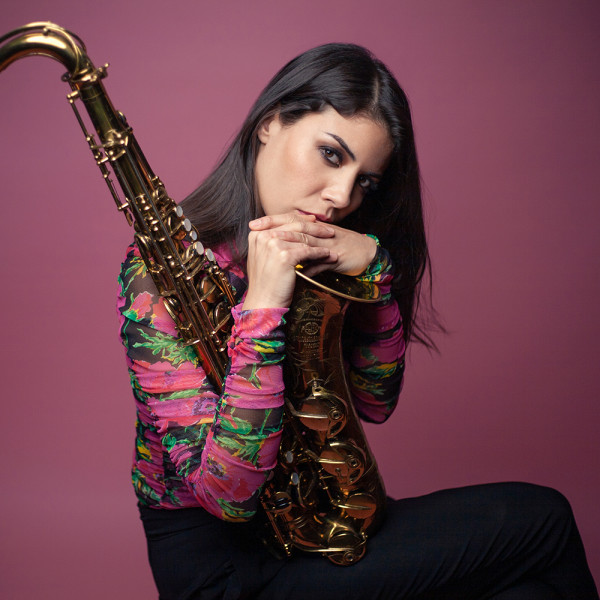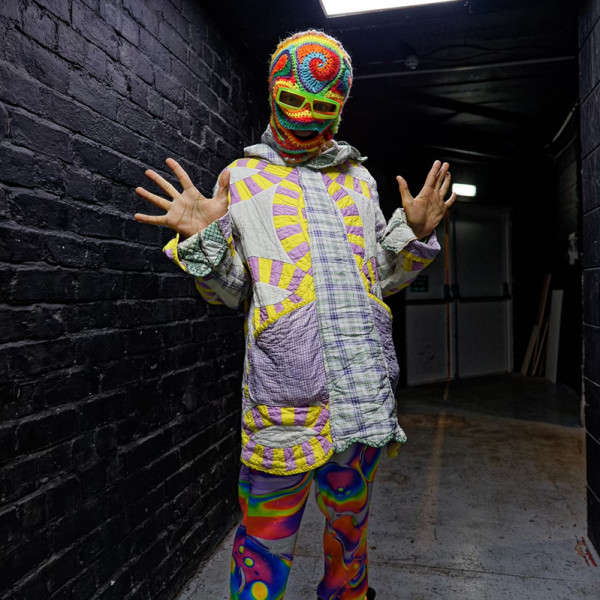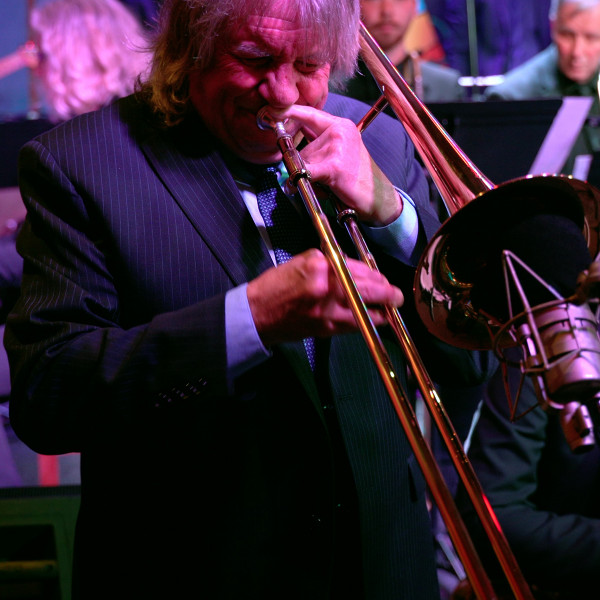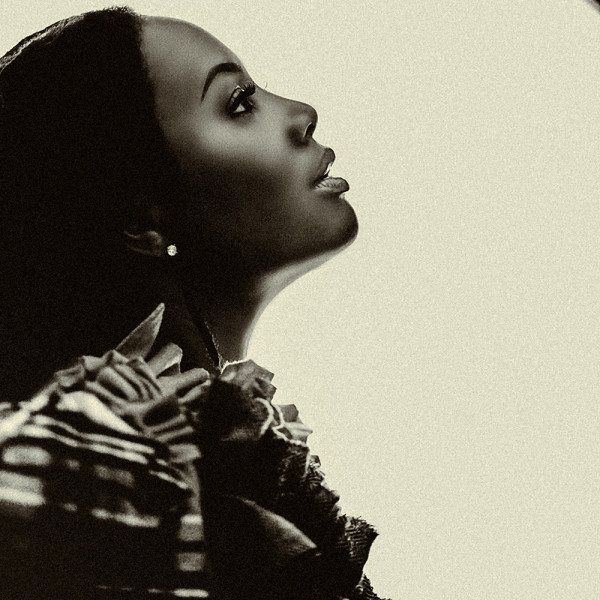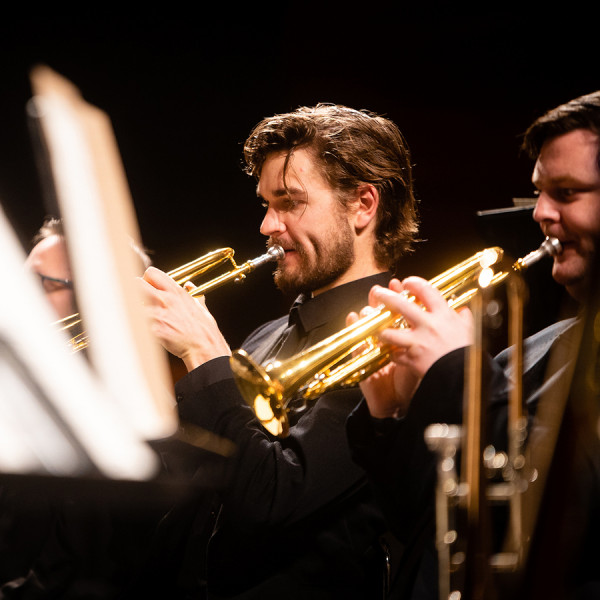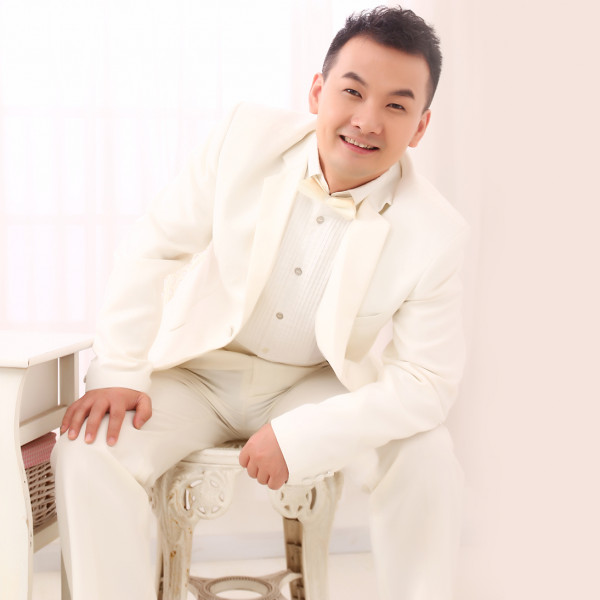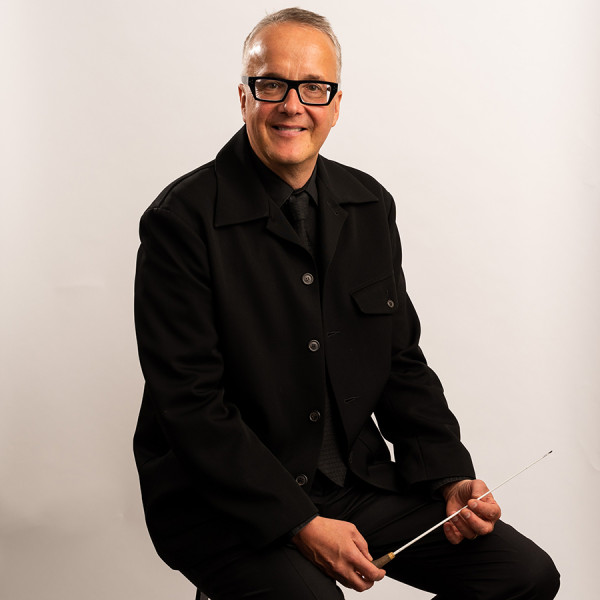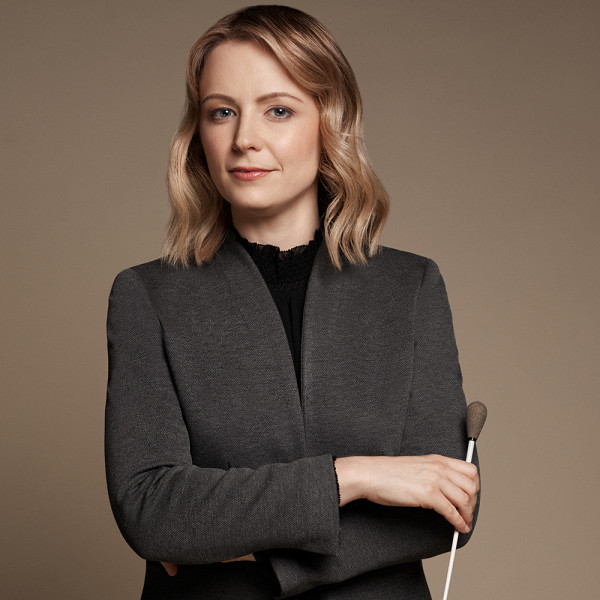
Requiem
Presented by: New Zealand Symphony Orchestra
Conducted by: Gemma New
Michael Fowler Centre, 18th Nov 2022
Reviewed by: Tamsin Evans
This Requiem concert was designed to provoke thoughts about the purpose of life and the nature of death. Seikilos by John Psathas was very much the former. An energetic and energising piece of music this was definitely in the vein of the living. Percussion, brass, strings, woodwind were all led with great clarity through the chaos by Gemma New who made a welcome return the podium for this performance.
Richard Strauss’ Death and Transfiguration took us to the opposite pole with a commentary on the experience of death and following death – the transfiguration. The strings stood out here although, as usual, it was impossible to call out any one section of the orchestra as doing a better job than another.
The performance of Mozart’s Requiem in D Minor, K.626 by the NZSO, a quartet of singers and arguably the best choir in the country, Voices New Zealand, brought together both themes of the programme and left us in no doubt we had been given an opportunity to contemplate life as well as death.
It is easy to forget singers, unlike instrumentalists, have limited opportunity to warm up their voices before they have to deliver a perfect combination of style, strength, tone, and of course, pitch. The four soloists: soprano Anna Leese, alto Rhonda Browne, tenor Amitai Pati and baritone Robert Tucker, were out of balance with each other to begin with but by the Lacrimosa, their voices were entwined and more evenly matched.
However, Mozart’s Requiem is really all about the chorus. They have the greatest opportunity to shine and this performance was dazzling. Brilliantly clear diction, remarkable changes in tone, delicate, close harmonies that sent shivers up and down the spine, and New’s tightly coiled and powerful energy combined for an outstanding performance. Is it wrong to be uplifted and made to feel alive by a requiem mass? This one carried me home.


